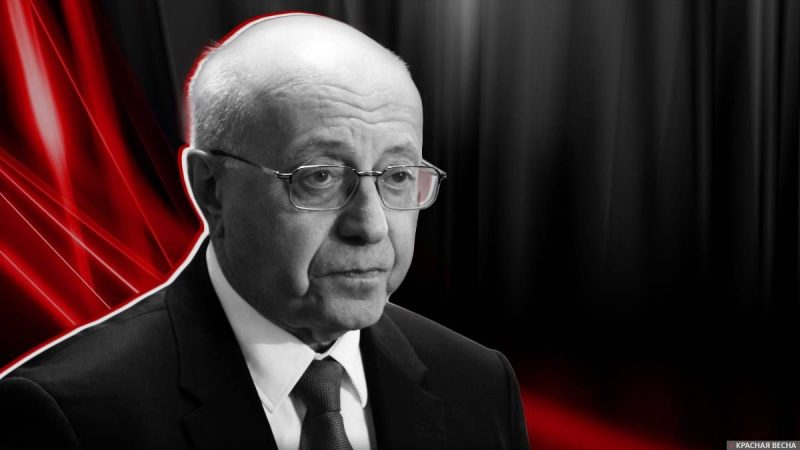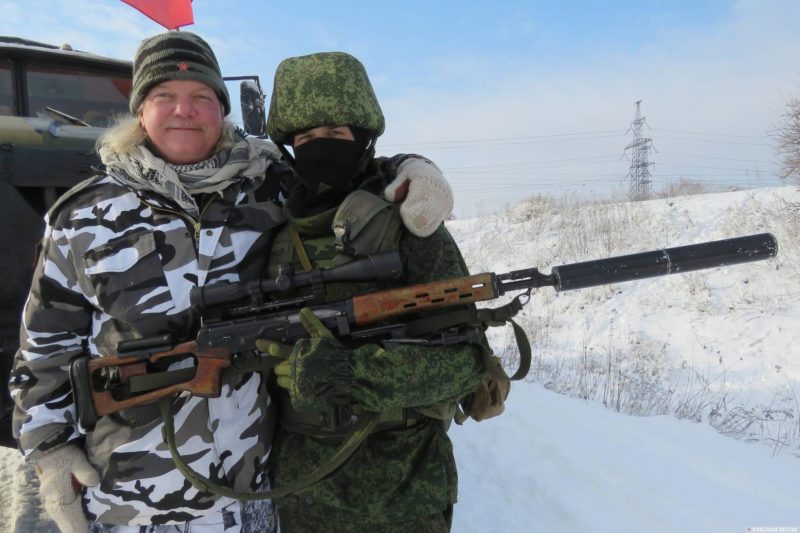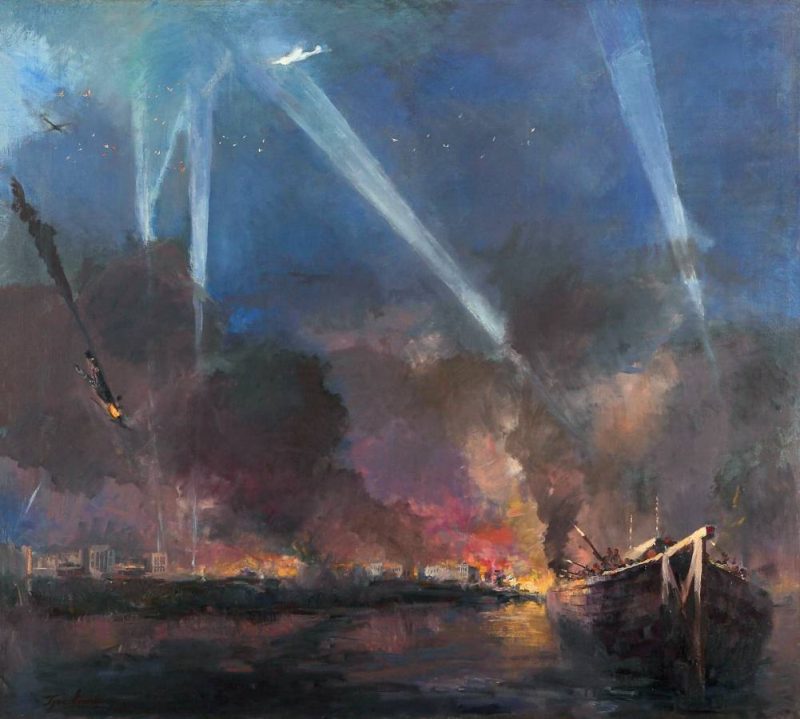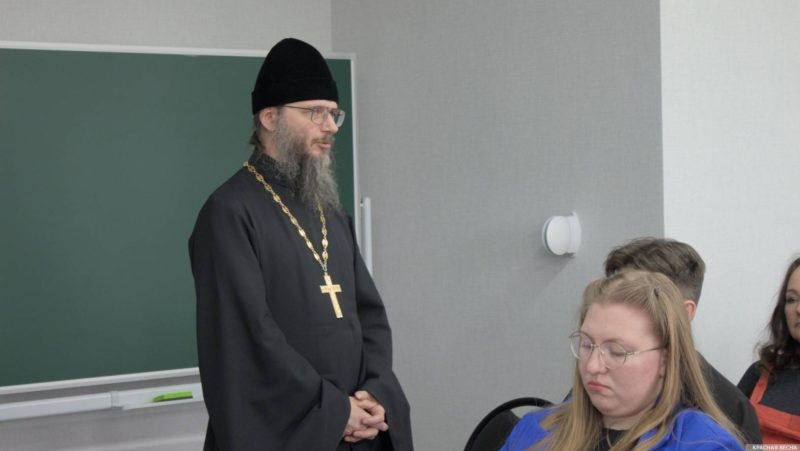03.02.2021, Donetsk.
The West rejects Russia because of its “closeness and otherness,” political scientist, leader of the Essence of Time movement Sergey Kurginyan said on January 28 during The Topic program broadcast on the Donetsk Union channel.
“This is rejection on the grounds of closeness and otherness. The combination of closeness and otherness, I emphasize – closeness and otherness – this is what creates a special historiosophic and cultural conflict in relations,” Kurginyan replied to the host’s question about the source of the West’s rejection of Russia.
The political scientist explained how the “closeness and otherness” of Russia and the West is manifested in faith, world order, ideology, and culture.
Russia is a part of the Christian world. Not of the Western one, not of Rome, but of Constantinople. Russia has regarded itself as the historiosophic successor of the Byzantine Empire. Kurginyan recalled a saying that expressed the Byzantine dislike for Rome, “Better a Turkish turban than a Latin mitre.”
“This sense of difference between Byzantium and Rome, between Constantinople and the Papacy – it created an otherness inside the Christian world,” the expert said, stressing that both Russia and the West are parts of the same Christian civilization, and they are close in this.
It has always been difficult for the West to build relations with Russia, the political scientist said. “It was easier for the West to build relations with China, with the Hindus, with anyone else, than with the Russians, who were seductively close, but keep saying they are different,” he stressed.
Kurginyan compared Russia to an armored train, which, as the song says, “stands on the sidetrack.” And Russia, as an armored train standing on the sidetrack, is very frightening to the West, especially in the periods of the exhaustion of Western civilization, he said.
The Soviet Union made the West feel even more acutely that the Russians were close, but different. “What is communism? It is Western ideology, but it is different, not capitalist. The same otherness again. Closeness and otherness,” continued the political scientist.
Russia, Kurginyan stressed, is a European country – in terms of values, way of life, and Russian culture’s love for European culture. But it remains a completely different country.
According to Kurginyan, Russian culture, despite its “deep fusion” with Western culture, is completely different. The expert compared Russian and Western literature, “Take Tolstoy, Dostoevsky, anyone else in Russia. Each writer is a teacher of life, a preacher, a person speaking on behalf of the ultimate human values. Where is this in the West?”
Discussing Leo Tolstoy as a brilliant and absolutely Russian writer, Kurginyan stressed that “all this Western elegance, stylistic moderateness were alien to” Tolstoy. Ivan Bunin reproached the writer for excessiveness and long-windedness. “Bunin did not understand that if he adapts Tolstoy to the standards of European Goncourts, their prizes, elegance, and fine literature, he will kill Tolstoy and all of Russian culture,” said the political analyst, illustrating the “closeness and otherness ” of Russian and Western culture.
“All the time, at all levels, we have these closeness and otherness,” Kurginyan concluded.
Source: Rossa Primavera News Agency




